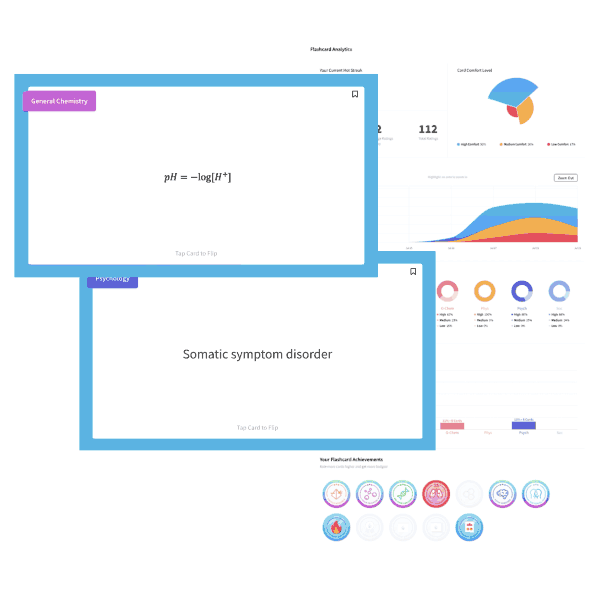In comparison with 1,2-dihydroxyethane, ethanol has weaker intermolecular hydrogen bonds resulting in:
A. a lower boiling point for ethanol due to weaker intermolecular forces.
B. ethanol being a stronger base.
C. a higher boiling point because ethanol is a higher molecular weight compound than 1,2-dihydroxyethane.
D. weaker intramolecular bonds in ethanol due to overall reduced bonding energy.
Click for Explanation
Ethane-1,2-diol (ethylene glycol) has one more hydroxyl group than ethanol, resulting in greater intermolecular hydrogen bonding. Due to the higher intermolecular forces, ethane-1,2-diol has a boiling point of 200°C in comparison with 78°C for ethanol.
A. a lower boiling point for ethanol due to weaker intermolecular forces. Correct.
B. ethanol being a stronger base. Incorrect, The two hydroxyl groups on ethylene glycol confer greater basicity than the one hydroxyl group of ethanol.
C. a higher boiling point because ethanol is a higher molecular weight compound than ethane-1,2-diol. Incorrect, ethanol is a lower molecular weight compound than ethylene glycol.
D. weaker intramolecular bonds in ethanol due to overall reduced bonding energy. Incorrect, Bond energy does not decrease because of intermolecular hydrogen bonding.
Want more MCAT practice?
We’ve got options for every schedule and learning style!
From the best online MCAT course created by top instructors with 524+ MCAT scores to the most representative full-length practice exams and private tutoring, we can custom tailor your MCAT prep to your goals!
Not sure which option is right for you? Schedule a free MCAT consultation with an MCAT expert using the form below. No obligation, just expert advice.
Search the Blog

Free Consultation
Interested in our Online MCAT Course, One-on-One MCAT Tutoring or Med admissions packages? Set up a free consultation with one of our experienced Senior Student Advisors.
Schedule NowPopular Posts
-
MCAT Blog What's on the MCAT?
-
MCAT Blog How to Review MCAT Full Lengths

Free MCAT Practice Account
Need great MCAT practice?Get the most representative MCAT practice possible when you sign up for our free MCAT Account, which includes a half-length diagnostic exam and one of our full-length MCAT practice exams.
Learn More






